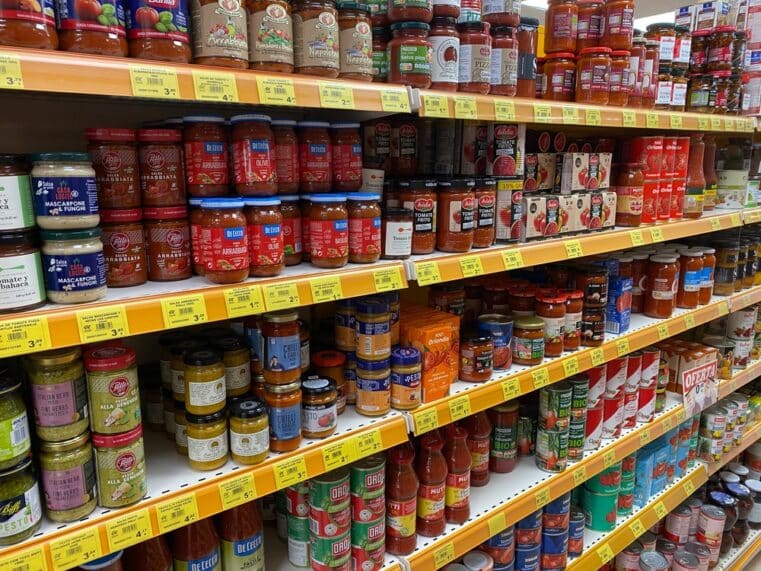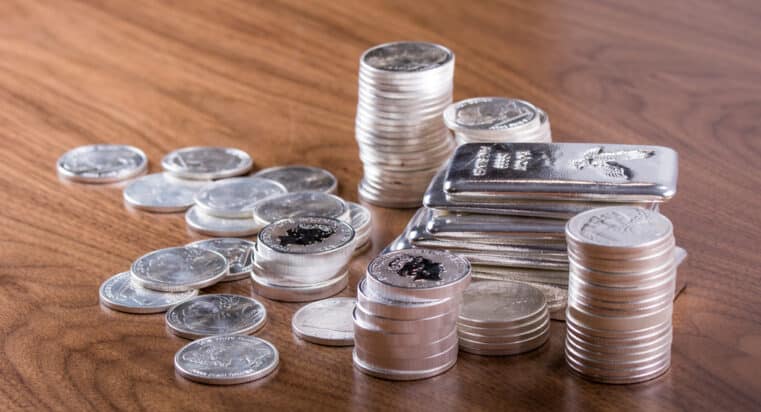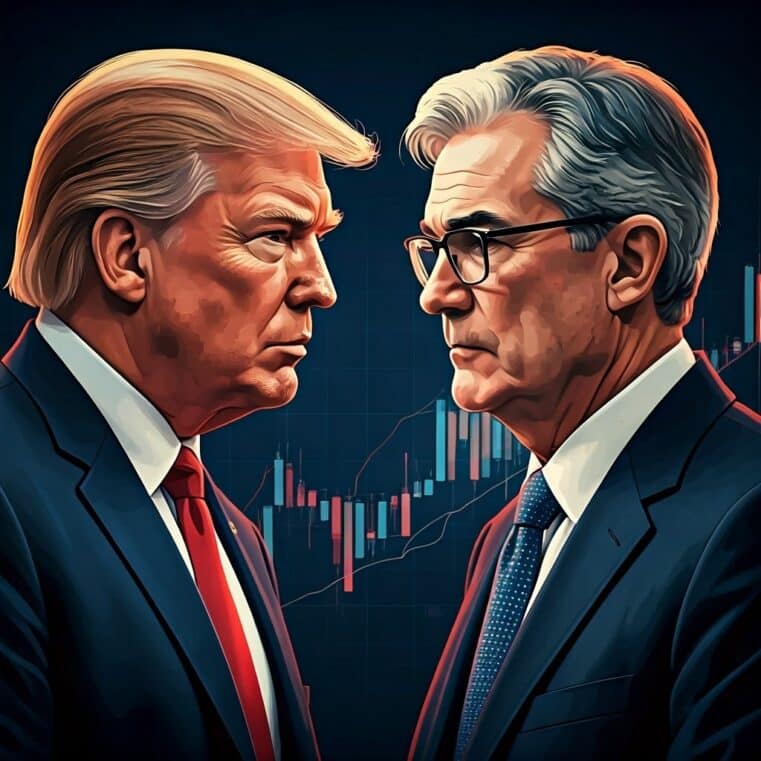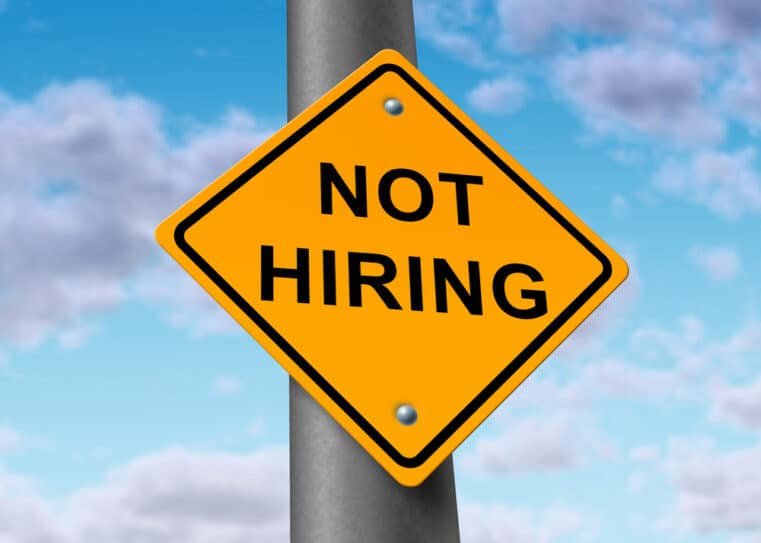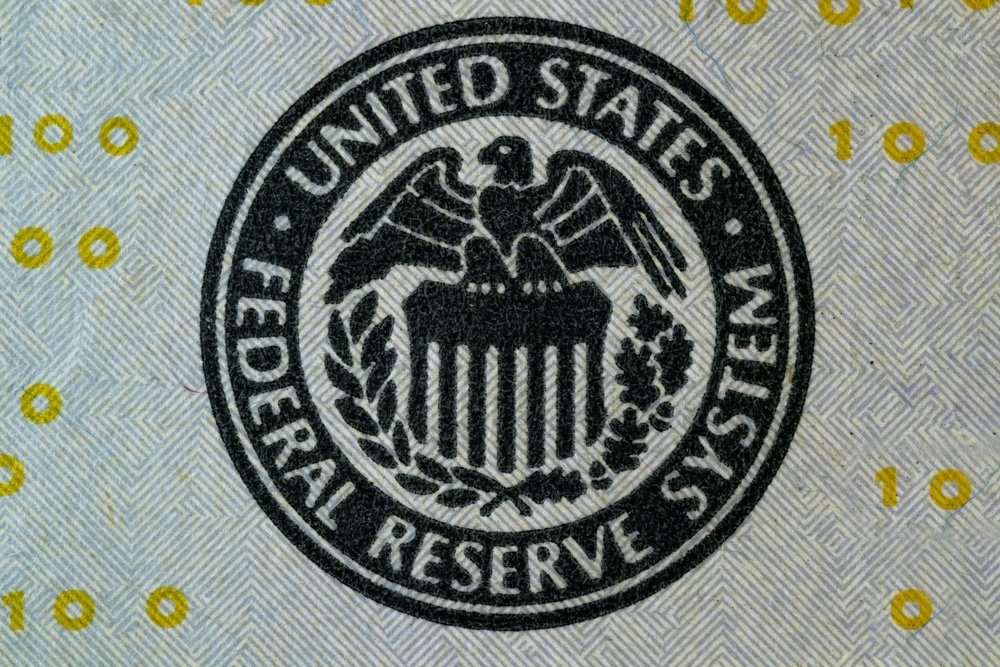
Biden May Triple the Tariffs on Chinese Imports
President Biden will use a visit to the United Steelworkers headquarters in Pittsburgh today to announce that his administration is considering tripling tariffs on Chinese steel and aluminum.
Why it matters: Biden is determined not to allow former President Trump to outflank him on who is tougher on China. He's also bent on winning Pennsylvania, a state he considers a second home.
- So Biden will zero in on steel and shipbuilding as industries that need protection from cheaper Chinese imports.
- "China's subsidies and other forms of support lead to exports flooding global markets at artificially low prices, undercutting American steel," National Economic Council Director Lael Brainard told reporters late Tuesday.
- "China cannot export its way to recovery," she said.
Driving the news: Biden will direct Katherine Tai, the United States trade representative, to open an investigation into China's alleged subsidies for its shipbuilders. The probe was requested by five labor unions.
- Steel and aluminum imports from China currently face 7.5% tariffs under Section 301 of Trade Act of 1974. Biden is directing Tai to consider raising them to 25%.
Between the lines: Biden isn't imposing new tariffs with the stroke of his pen.
- But — like he did with the Committee on Foreign Investment in the United States' review of Nippon Steel's bid for U.S. Steel — he's giving a strong hint of where he wants Tai to eventually land.
- The shipbuilding probe will be part of Biden's overall review of Trump's tariffs on some $300 billion worth of Chinese imports.
What we're watching: Biden has kept those tariffs on the books and is likely to extend them with a few modifications — including efforts to protect America's electric vehicle industry.
- Increasing the steel and aluminum tariffs would be a highly symbolic way for Biden to claim that his Section 301 tariffs are more strategic than Trump's.
The other side: Trump also is talking tough on China and has floated tariffs of up to 60% on all imported Chinese products.
Go deeper: Biden has made a manufacturing renaissance one of the keystones of presidency, with a some $50 billion to bolster American's semiconductor industry and another $370 billion to boost the green energy and technology industries.
- For several weeks, Biden officials have been warning about China's growth trajectory and putting Beijing on notice that it shouldn't try to export the excess capacity in its economy.
- Treasury Secretary Janet Yellen used her trip to China this month to warn of the global risks stemming from China's excess capacity.
- The fear is China will rattle the global economy by creating too many exports, disrupting U.S.-based industries in the process.
This article originally appeared on Axios


